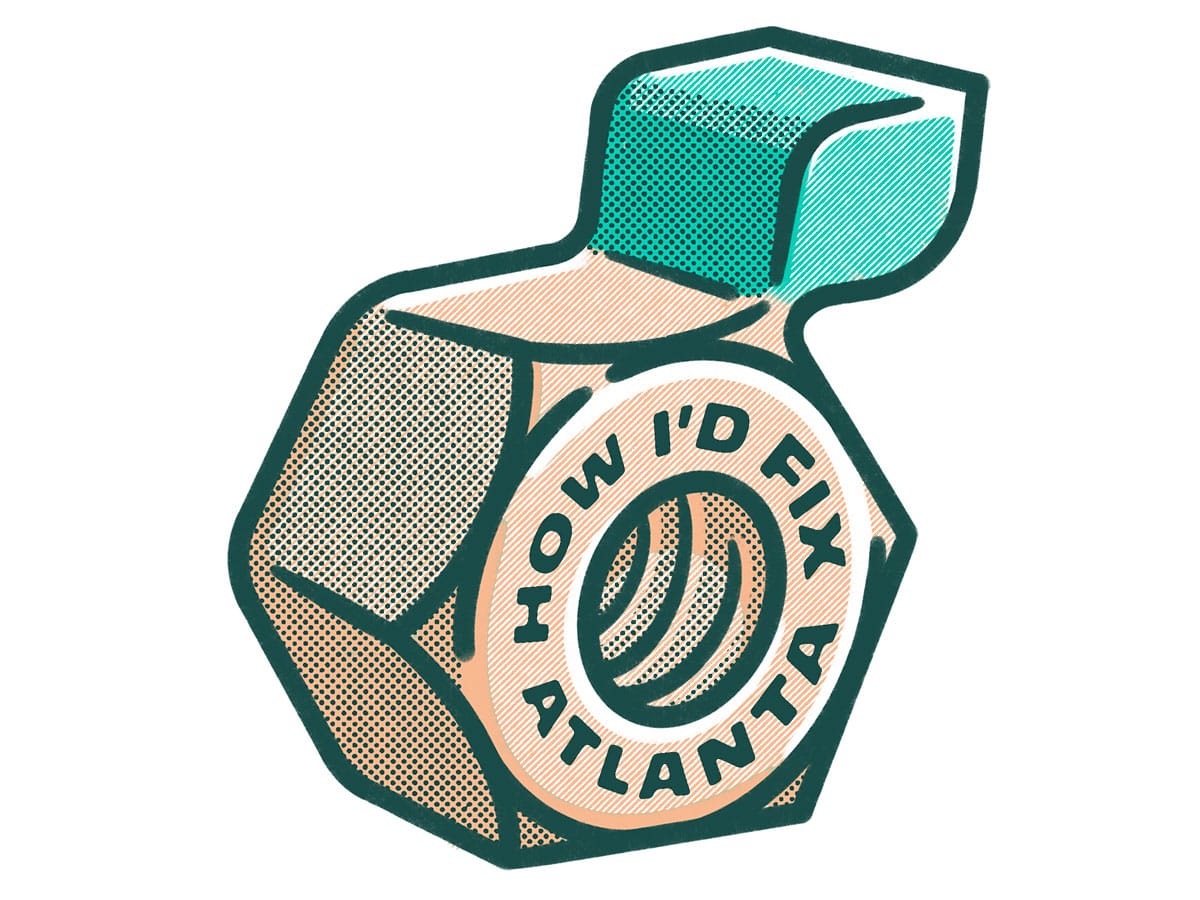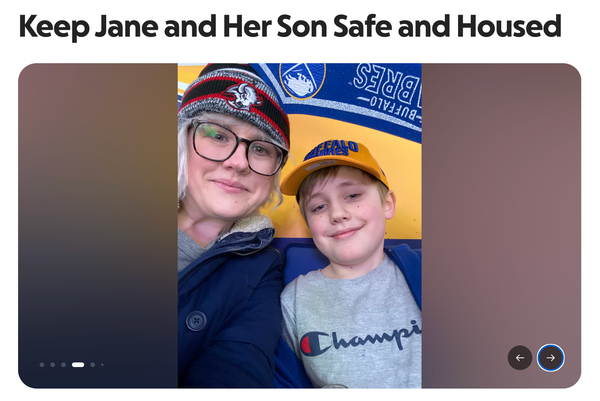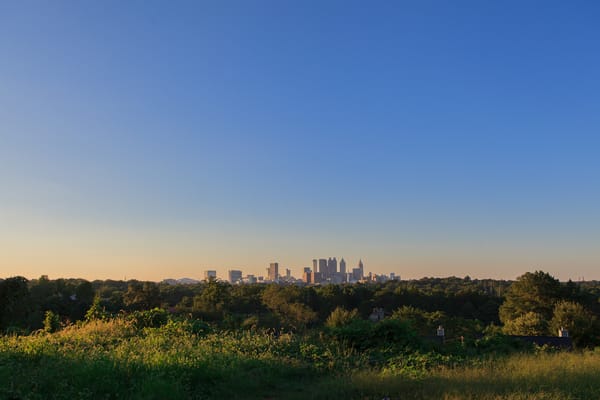How Andreea Popa Would Fix Atlanta
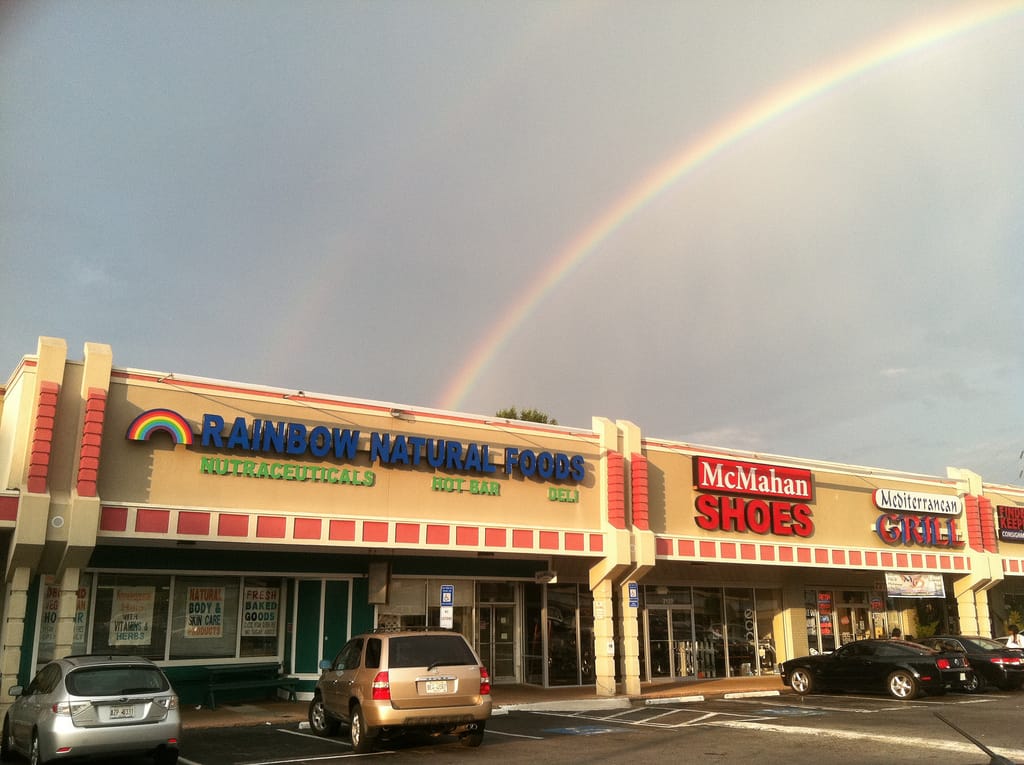
How I’d Fix Atlanta — Keep Local Businesses In Business
Andreea Popa
A few years back, I stumbled into a store called Rainbow Natural Foods. It was pure happenstance, the result of my living in Decatur at the time and my being hungry, but I fell in love immediately. It was eccentric, hip, and had a hot bar full of delicious, plant-based foods.
Not long after my discovery, the store closed down. The owners told Decaturish in 2019 that the opening of a nearby Sprouts decreased their business by 10%. And while the Rainbow Foods purveyors initially planned to sell the business and retire, the cost of bringing the building up to code was too high. Could something have been done to prolong the life of this landmark establishment that had served the community for 43 years?
Atlanta’s growth is an ongoing hot topic. If you spend enough time on ATL Social Media, you’ll see people posting things like “Don’t come here” or “Atlanta is full.” But the metro continues to grow, and the truth is that we have a long way to go on how housing is built and how neighborhoods develop. We can control how Atlanta expands, to help shape it toward something more sustainable and local-focused, but will we?
If we don’t, there are a couple intertwined issues that will strip ATL of its character: the loss of local business and the increase of gentrification. Current plans for Atlanta include the continual expansion of the BeltLine and the aspirational “Stitch” over I-75 and I-85. These huge initiatives might bring in a lot of money but could also have adverse effects on local communities if the planning fails to take into account further gentrification.
The hope is that the Stitch will incorporate affordable housing. Of course, that was the original hope with the Beltline as well, but if you’ve been following along, you know that fewer than half of the affordable housing units planned along the BeltLine came to fruition. We must make sure that ATL is a place where everyone can live comfortably while preventing our wonderful city from becoming a commercial hellscape devoid of local flair—no matter the cost.

San Francisco saw a potential solution to their very own big-box store problem in 2004 when they enacted a formula business restriction. The legislation made it so residents were alerted when a chain planned to open a store in their neighborhood and gave them the right to request a formal review process before permission was granted. Two years later, the city passed a referendum that requires all such businesses to submit proposals that are reviewed on a case-by-case basis.
According to an article in The Institute for Local Self-Reliance (ISLR), the application process is not impossibly strict. In fact, of the 31 proposals that were made from 2006-2011, 22 were approved. “Many will do outreach to the neighborhood before they apply,” city supervisor Scott Weiner told ISLR. “If they don’t find support, they don’t apply.”
Local business has thrived in San Francisco thanks to this initiative—big brands like Petco and Starbucks have had proposals denied in favor of established local pet stores and coffee shops. With a similar initiative here, Rainbow Foods might still be open in Decatur.
Jersey City has seen similar success. Their legislation only applied to newly developed areas, and stipulated that 30% of retail space is still available to bigger retailers. Even so, residents feel the restrictions have had a positive effect. Jersey City citizen Terry Acosta told HuffPost in 2018 that “it feels like a small town. It’s like everybody knows each other.”
All told, 30 municipalities in the U.S. have such restrictions. Why not Atlanta?
Meanwhile, according to another ISLR study, around half of the goods Americans bought in stores were sold by companies with 10 locations or fewer in the 1980s. Today, that number is down to 25%. According to the same study, the number of small businesses in the U.S. has declined by 50% since the 1970s.
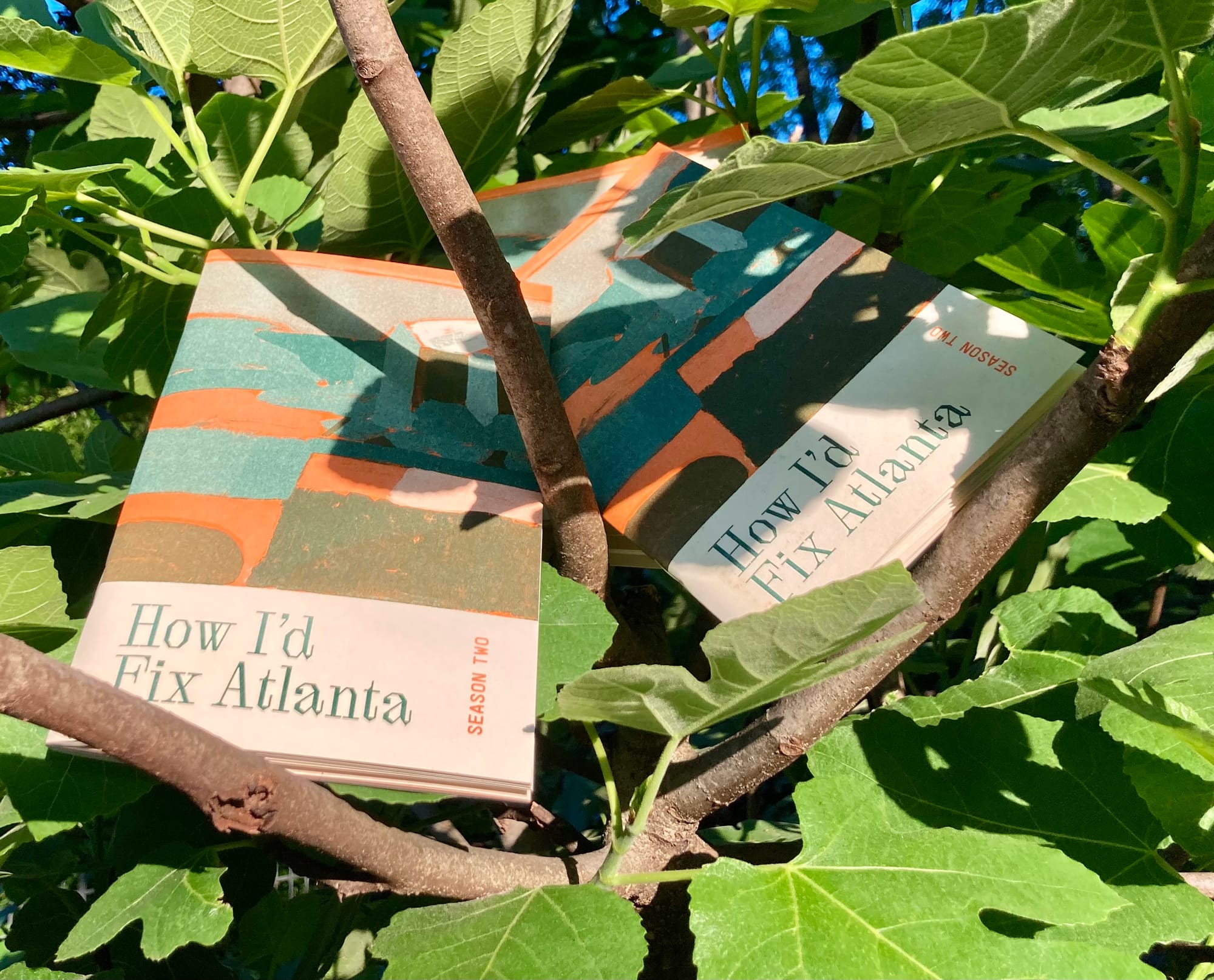
We've sold 163 copies of the brand new How I'd Fix Atlanta Season Two zine. Wanna get yours before they're sold out? Venmo @austinlouisray $25, and don't forget to leave your snail mail in the note.
Buford Highway is my favorite part of Atlanta. It’s full of family-owned businesses like the now-defunct Rainbow Foods. Within just a few miles I can get tacos, dim sum, Malaysian street food, and Biryani, to name but a few of the delicious, authentic, and affordable options at BuHi’s many local restaurants. But gentrification is coming for the area as well. Rising rent costs have already impacted the area, and with Plaza Fiesta’s purchase by Asana Properties—the owners of Krog Street Market—in December 2022, I fear the decline is only barely getting started.
One such example: in 2012, the City of Brookhaven became Dekalb’s 11th city. By May 2013, the city started to target adult entertainment, famously going after the Pink Pony and Starship. Starship lost the fight, and the Pink Pony only survived by agreeing to pay $225,000 yearly to the city and donating $75,000 towards a public park. Councilman Bates Mattison said the payout worked in favor of the taxpayers since the city will recoup its legal fees—legal fees which would not exist had the city not targeted the business in the first place, of course.
With the opening of Children’s Healthcare of Atlanta nearby and Emory’s Executive Park facelift, Brookhaven is getting a hefty dose of development. While healthcare access is always a plus, many businesses are not faring so well mere miles away. Several businesses have already closed due to their inability to pay the hefty $100,000 yearly entertainment fee. The City of Norcross has also been planning massive developments along Buford Highway, including thousands of my personal harbinger of doom: the luxury townhome.
While it’s anyone’s guess what ATL will look like in 20 years, if we pass the kind of legislation that’s worked wonders in San Francisco and Jersey City, we could possibly stave off a Whole Foods or LA Fitness on every corner in lieu of a few locally owned businesses.
There are myriad mom and pop stores still around town that could benefit from this legislation as well—in Buford Highway, Decatur, and beyond. As ATL continues to grow, we need to be more diligent than ever to keep our neighborhoods from losing their character so that more hungry people like me can keep happily stumbling upon places like Rainbow Foods.
Andreea Popa is a mother to three cats, a pasta fanatic, a dental office manager by day, and an aspiring artist by night. She’s had a love-hate relationship with Atlanta since her family moved here from Romania in 2000.
How I'd Fix Atlanta is an essay series by ATLiens for ATL. In each of these pieces, a citizen of Georgia’s capital argues for one way we could make our city better. Sometimes the ideas will be serious. Other times? A little more lighthearted. From infrastructure to food trucks, public transit to wildflowers, nothing is off limits.
How I’d Fix Atlanta was created by Austin L. Ray. It's a free newsletter sent on the third Thursday of every month. But it's also an annual zine that costs money. Sometimes it’s a performance on a stage. Other times, it’s a fundraiser. How I’d Fix Atlanta is large, it contains multitudes.
Each writer is paid $600 for their essay. Wanna help support the series? Venmo Austin or reply to this email to talk sponsorship opportunities.
